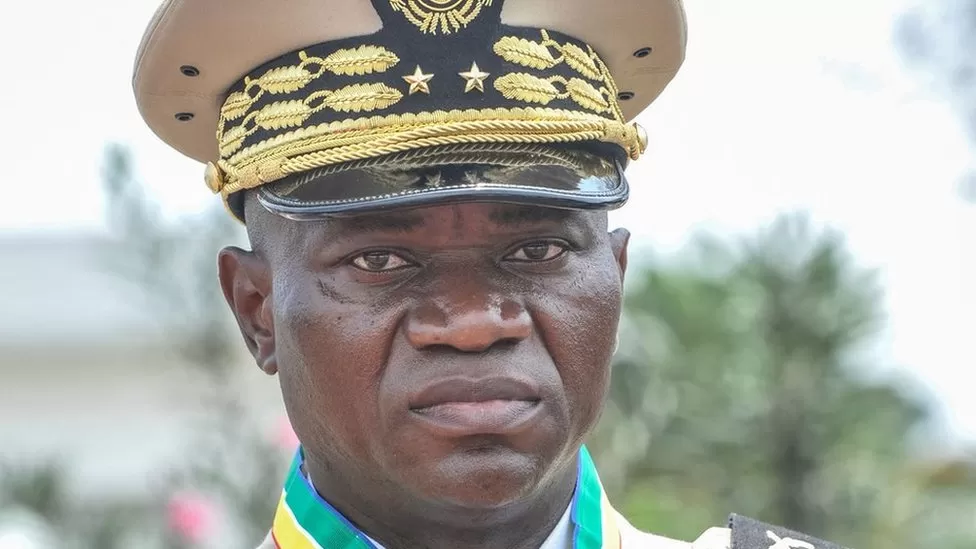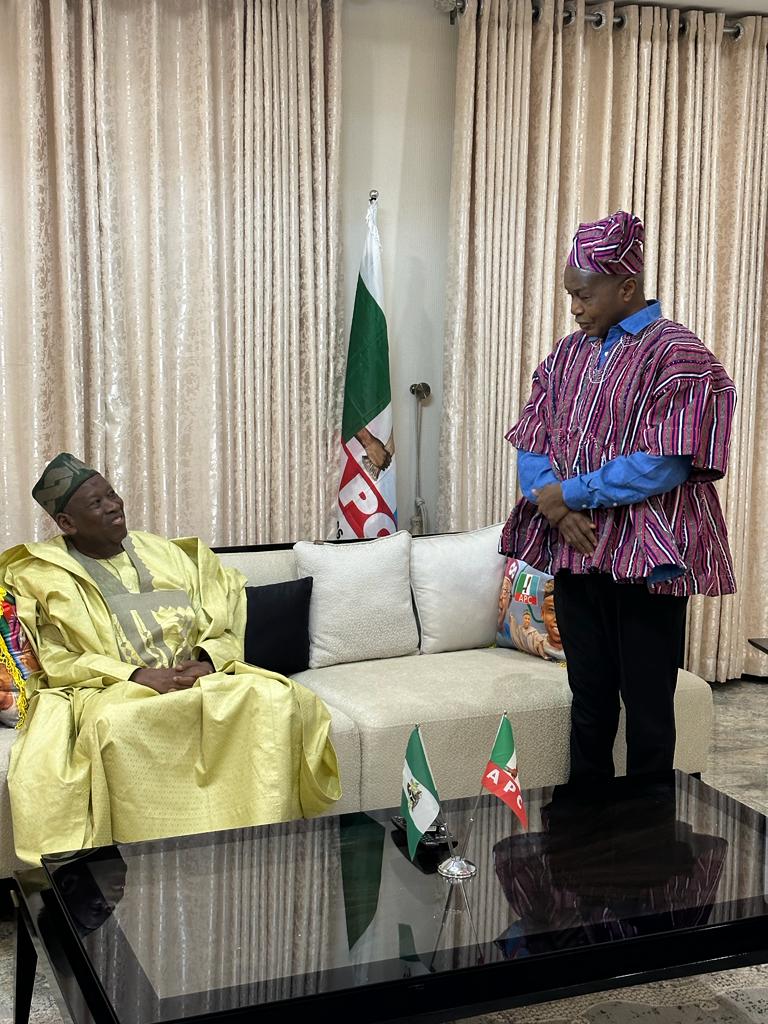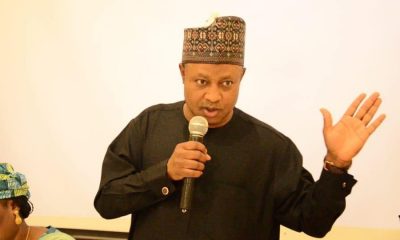Editorial
Coup d’état: A clog in the wheel of democracy in Africa

At the dawn of independence in the late 50’s and early 60’s, the wave of excitement and new hopes swept through West Africa as nations after nations became independent from colonial rule. That era ushered in new dreams and expectations as colonial masters handed over power to the indigenous peoples. For most West Africans, this was the end of the long struggle and advocacy for freedom. It was the end of slavery, human degradation and exploitation.

West Africa’s post-colonial history has been punctuated by several coups with the 13th January 1963 Togolese coup d’état being the first. That coup led to the assassination of President Sylvanus Olympio. According to a report, since the first coup in Togo in 1963, there have been over 200 coups and attempted coups in Africa with West Africa, designated as a “coup-belt” of the continent accounting for 44.4%.

However, after Nigeria (considered to be the giant of Africa) moved from military to civilian rule in 1999, there was strong indication that the era of military coups across the continent were over. During the presidency of Olusegun Obasanjo, Nigeria was active diplomatically against coups; the Economic Community of West African States (ECOWAS) was also very strong in its condemnation of coups.
West Africa’s regional bloc took a rigid stance against the coup and imposed sanctions on military regimes. This yielded positive results as it led to civil rules across the continent.
Sadly, that positive trajectory is now being reversed as military takeovers are reoccurring on Africa’s landscape.
From one coup in 2020, four successful military takeovers happened in 2021 in four countries, namely; Chad, Mali, Guinea and Sudan. On Monday January 24th, 2022, some military officers in Burkina Faso detained the country’s President Roch Kabore and took over power. Again, on 1st February 2022, armed men surrounded the government palace in Guinea Bissau where President Umaro Sissoco Embalo and Prime Minister Nuno Gomes went to attend a cabinet meeting.
Even though this coup was unsuccessful, it marked yet another one in a series of coups that have taken place in the region since 2021. Failed coup attempts can have deleterious effects. Rulers who have survived a coup often take brutal measures to avert subsequent efforts to oust them from power, using the coup as justification for increased repression against political opponents.
The African Union (AU) and regional bodies such as The Economic Community of West African States or ECOWAS suspended all the countries where coups had taken place, except Chad. The organization took this position in a bid to force military rulers to negotiate and return power to civilian leaders. However, such moves have had little or no effect.
Lack of concrete and united international disapproval and the growing number of international actors who have shown willingness to work with military governments is encouraging more unconstitutional power grabs by military officers who know that they will not face severe consequences or regional and global isolation for illegally grabbing power.
The Lomé Declaration of 2000 and the African Charter on Democracy, Elections and Governance of 2007 both define aspects of unconstitutional change of government. These include: a military coup against a democratically elected government; mercenary intervention to replace a democratically elected government; replacing a democratically elected government by dissident armed groups and rebel movements; or refusal of an outgoing government to relinquish power following defeat in free, fair and regular elections.
While the Lome initiative is a good instrument against illegal takeovers by the military, it is just a declaration that does not have the capacity to prevent coups. The recent coups testifies to this. It is becoming apparent that there is a tendency for military intervention, especially in countries that are facing economic, political and security challenges. These reasons have become the most common excuses that the military give for taking over power.
Therefore, to prevent military coups and the emergence of authoritarianism across Africa, democracy must be reformed. Governments must be responsible enough to provide solutions to their citizens’ needs and offer them robust dividends of democracy. Good governance will allow citizens not only to regain interest in democracy, but they will be moved to rise up to defend it because they will not regard military intervention as an alternative solution. Otherwise, the attempt to grab power by the military across Africa may linger on.

























